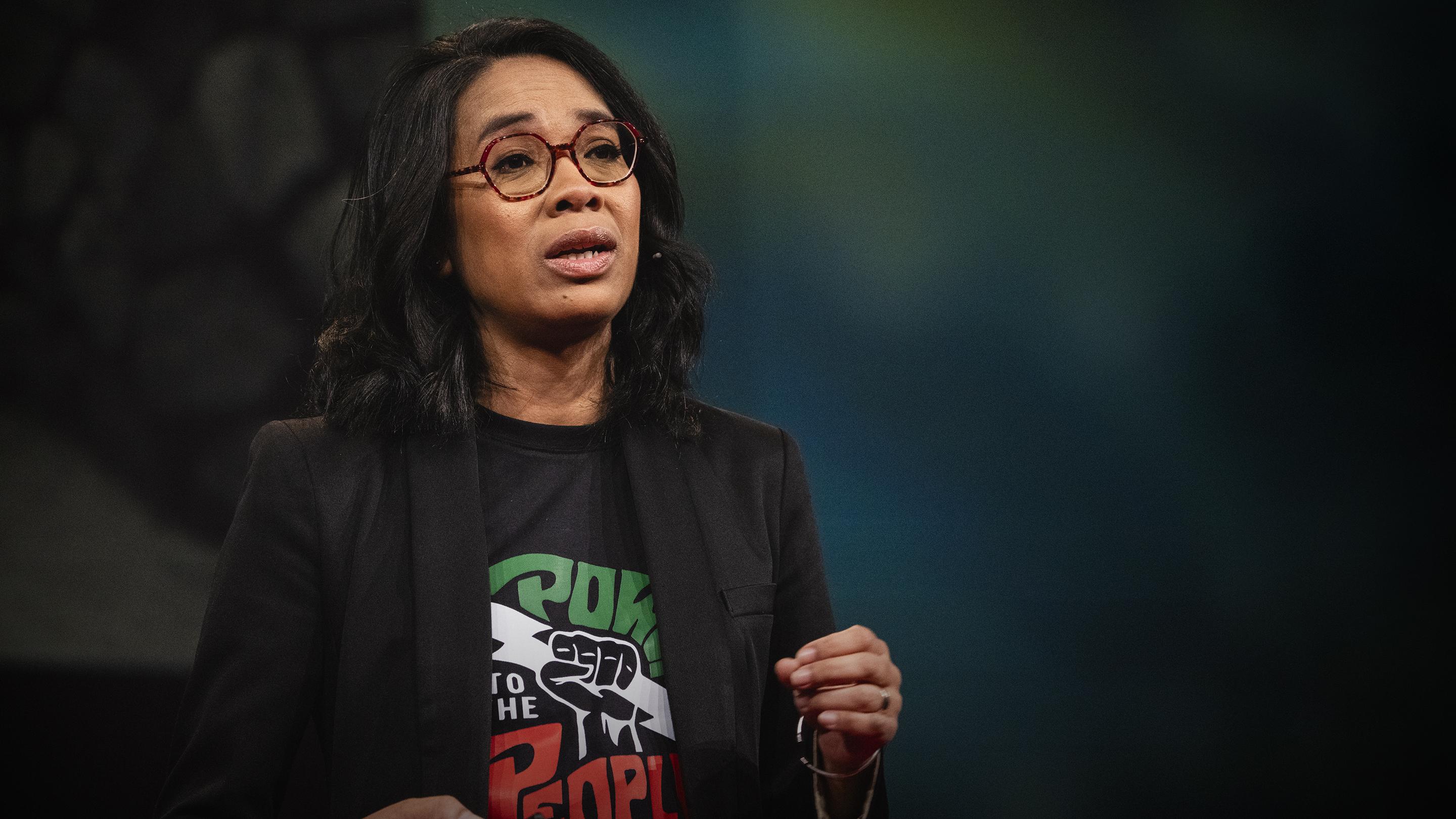
Democracy is being tested. Citizen assemblies can help | Ketakandriana Rafitoson

TED Talks Daily
Key Insights
Why did Ketakandriana Rafitoson start her grassroots work and activism?
She was motivated by witnessing her family's struggles with basic needs in Madagascar, realizing that better policymaking and political care were needed.
What are the primary goals of the Citizen Assemblies?
The assemblies aim to educate citizens about true democracy, empower them with practical tools, and engage them in democratic actions to improve their lives.
How do the Citizen Assemblies operate in terms of participation?
They convene groups of 10 to 20 ordinary people weekly, regardless of their background, and rely on former participants to bring new members, fostering a mixed gathering style.
What significant impact did the Citizen Assemblies have in Madagascar?
They led to increased protests, such as nurses and doctors striking for wages during the pandemic, teachers resisting political manipulation, and women speaking out against rape culture.
What challenges does Ketakandriana Rafitoson face in her work?
Challenges include overcoming psychological fear of resistance, the daily struggle for survival leaving little time for activism, and the lack of education disempowering people.
What is Ketakandriana's vision for a democratic future?
Her vision includes equality of rights, access to basic needs, and a functioning political system that is not a dictatorship disguised as democracy.
Chapters
- Election Day in the United States serves as a reminder of democracy's presence at every level.
- Ketakandriana Rafitoson is an activist from Madagascar working to restore democracy.
Shownotes Transcript
How can everyday people help foster and protect democracy? Detailing her work fighting for people power as an activist in Madagascar, Ketakandriana Rafitoson discusses how citizen assemblies — meetings where ordinary citizens get educated about democracy — empower communities to protect their rights, debate important civic questions and take action to create a brighter future.
